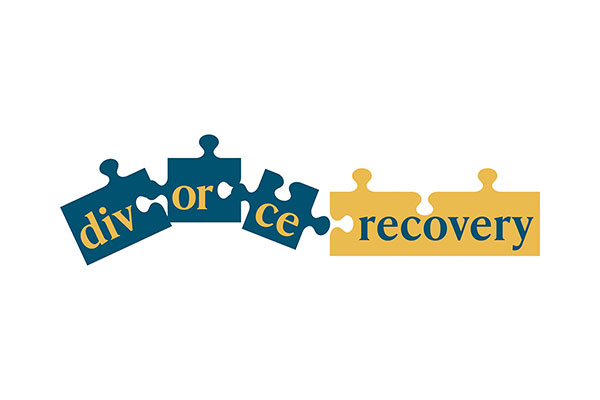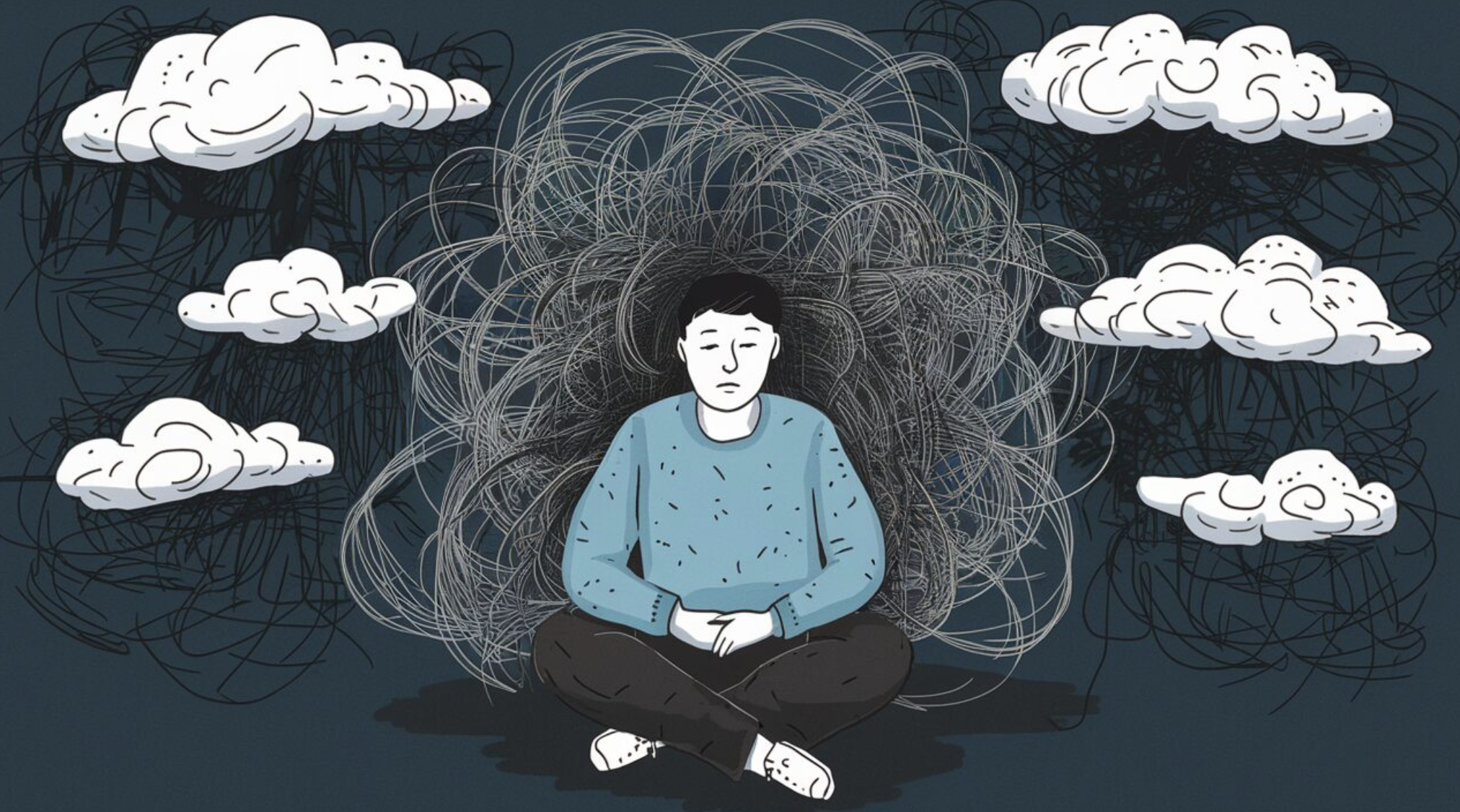Anger: An Introduction
Anger is a universal human emotion, and it’s perfectly normal to experience it from time to time. It can range from mild irritation to intense fury. Understanding the roots of anger is the first step in managing it effectively.
The Spectrum of Anger
Anger exists on a spectrum, with various intensities and triggers. By identifying where your anger falls on this spectrum, you can gain insight into how to deal with it more effectively.
The Biology of Anger
Anger isn’t just a state of mind; it’s also a physiological response. Dive into the science behind anger, exploring how your body reacts when you’re angry.
Causes of Anger
Understanding the triggers of anger is crucial for its management. Let’s explore some common causes.
Frustration
Frustration is a frequent trigger for anger. Discover strategies to cope with daily frustrations without letting them escalate into anger.
Injustice
Feeling like you’ve been treated unfairly can ignite a strong anger response. Learn how to address these feelings constructively.
Personal Triggers
We all have personal triggers that set off our anger. Recognizing and managing these triggers is essential for emotional well-being.
Managing Anger
Now that we’ve explored the root causes of anger, let’s move on to practical strategies for managing it effectively.
Emotional Awareness
Developing emotional awareness is the first step in managing anger. Learn how to recognize and acknowledge your feelings.
Healthy Communication
Effective communication is a potent tool for anger management. Discover tips for expressing your feelings without causing harm to yourself or others.
Relaxation Techniques
Explore relaxation methods like deep breathing, meditation, and progressive muscle relaxation that can help calm your anger.
Cognitive Restructuring
Learn how to reframe your thoughts to manage your anger more effectively. Challenge irrational beliefs and replace them with rational ones.
Seeking Professional Help
If your anger is causing serious problems in your life, don’t hesitate to seek the assistance of a mental health professional.
FAQs
Is it normal to feel anger?
Absolutely. Anger is a natural emotion, and feeling it is a part of being human.
How can I tell if my anger is becoming a problem?
If your anger is causing harm to yourself or others, affecting your relationships, or impacting your daily life, it may be time to seek help.
Can anger be a positive emotion?
Yes, anger can be a powerful motivator for change when channeled constructively.
What are some long-term effects of unmanaged anger?
Unmanaged anger can lead to chronic health issues, damaged relationships, and even legal problems.
What role does self-awareness play in managing anger?
Self-awareness is crucial. Recognizing the signs of escalating anger can help you intervene before it becomes a problem.
Are there cultural differences in how anger is expressed and managed?
Yes, different cultures have various norms and practices regarding the expression and management of anger.





